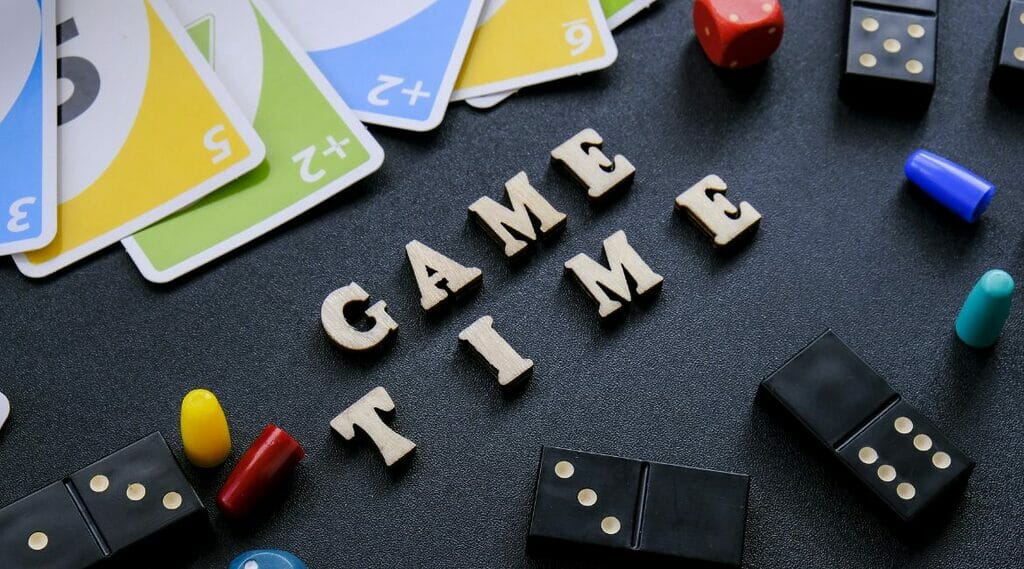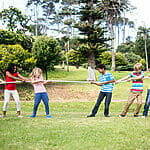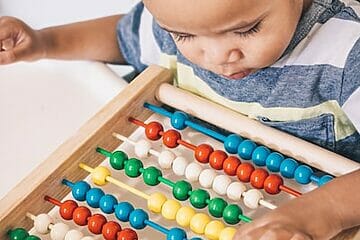What is Gameschooling?
I always love games even as an adult ! This is why I love gameschooling because it allows me to teach my children in a fun and engaging way. The concept of gameschooling is using games to teach academic and non-academic skills. It’s a low-pressure environment where my children can learn without feeling the stress or anxiety that sometimes comes with traditional academic methods. When it comes to gameschooling, game selection is key. I try to choose games that are not only educational but also enjoyable for my children. It’s important to find games that match their interests and learning styles. Additionally, I’ve found that keeping gameschooling sessions short and sweet keeps my children engaged and excited for the next session. With a little bit of preparation and some tips for successful gameschooling, anyone can incorporate games into their homeschool lesson plans.Benefits and Types
Using a variety of games can provide numerous benefits to a homeschooling education and introduce fun ways to learn subjects like language arts, math, science, and social studies. The benefits of gameschooling are many, including increased engagement, deeper understanding of subjects, and improved social skills. Here are three types of games for gameschooling and their benefits:- Board games – Board games can teach strategy, decision-making, and critical thinking skills. Playing board games as a family also promotes bonding and communication.
- Dice games – Dice games can improve math skills, including number sense and mental math. They can also teach probability and counting.
- Card games – Card games can improve memory, concentration, and attention span. They can also teach language skills, such as vocabulary and grammar.
How Can Gameschooling Help with Navigating Homeschooling Regulations and Opportunities?
Gameschooling can be an effective tool for navigating regulations and opportunities for homeschooling and moving. By incorporating educational games into your curriculum, you can engage your children in learning while teaching them about different regulations and opportunities in the homeschooling world. These games provide a fun and interactive way to explore various state requirements and educational options, ensuring a smooth transition and maximizing the benefits of homeschooling.













